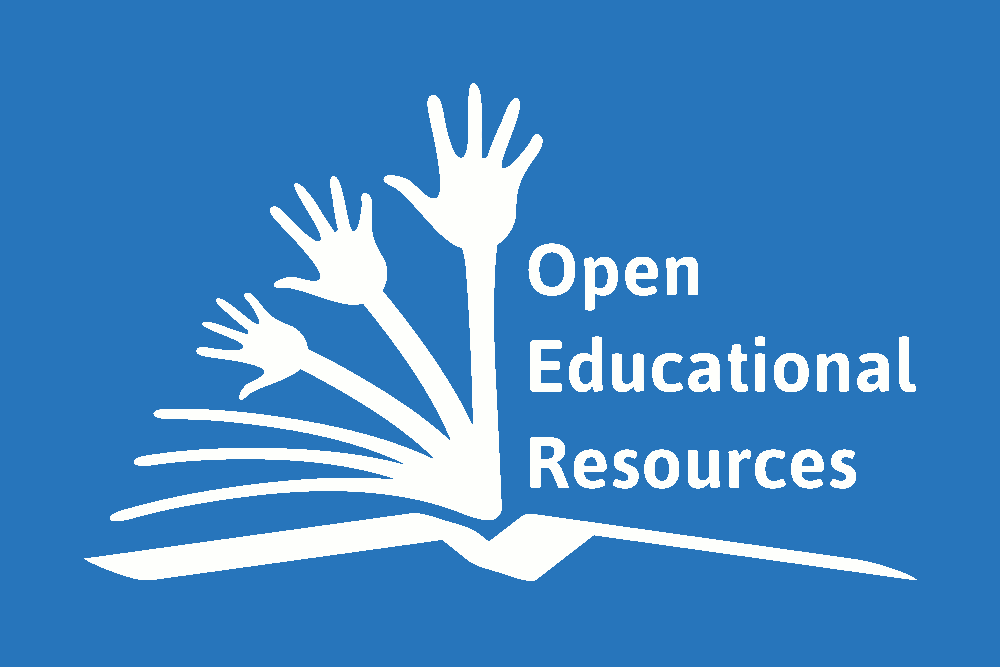So a 'language geek' project went up on Kickstarter last week. It's a niche magazine about language.
The magazine is to be called Schwa Fire, and the Kickstarter site and video (below) seem to suggest something like Wired or Slate for language people.
I often feel that there could be a wider readership for some of the ideas from the scholarly journals I read. This seems like the place for that kind of work to happen.
I like the idea. I'd love to contribute as a writer.
But before I contribute as donor, I thought I'd ask people what they think.
Let me know in the comments, and if you dig it, feel free to go to the Kickstarter site and donate.
Examining writing, arguments, communication, education, teaching, and ways of engaging with others.
Monday, November 11, 2013
Wednesday, November 06, 2013
Trying to Answer a Question
So, let's say someone asks me, "Hogan, what are you studying?"
Here's my working answer:
You know when a person joins a new group - like a job, a college major, or a community group? I want to know how that person learns to write for the new group.
For example, if a woman finishes school and gets a job in a for-profit environmental engineering company, how does she learn to write the memos, reports, proposals, even the everyday emails?
How does she learn to write those things so that she "sounds" like a member of the company?
How does she learn to not only "sound" like a member of the company, but also have her own distinct voice?
I get the "What are you studying?" question a lot, and I always struggle to produce the clear and brief answer I know people are looking for. You know, the elevator pitch version.
What do you think of the current working answer? Do you think people might want to hear more after getting that answer?
Because, of course, I want to keep going. But I only want to keep going if people are interested.
Are you interested? Because...
The theory I'm working with suggests that people have to build new writing knowledge whenever they try to join a new group.
 They reshape their old knowledge using resources around them: advice from others, writing samples, online examples, templates, criticism, praise, and the list goes on.
They reshape their old knowledge using resources around them: advice from others, writing samples, online examples, templates, criticism, praise, and the list goes on.I think some people are called "good writers" because they move quickly through this process.
And I think those who move quickly have honed a specific skill: The ability to identify resources that will help them learn to write for a new group.
If I can produce evidence of that, I can argue that our writing classrooms should teach people how to spot and evaluate those resources.
So, what do you think?
Monday, November 04, 2013
Allowing Arguments
David-James Poissant wrote an excellent piece for the NYT Opinionator that explores why it is important to argue about our political convictions - especially important to argue with people who see things differently than we do.
His is a piece about real arguments, the kind that helps us explore the beliefs people hold.
When Poissant allowed himself to have those kinds of arguments, he saw how important this kind argument is for friendships, for communities, and for ourselves.
He write:
His is a piece about real arguments, the kind that helps us explore the beliefs people hold.
When Poissant allowed himself to have those kinds of arguments, he saw how important this kind argument is for friendships, for communities, and for ourselves.
He write:
Some say there was a time when Americans got along better by not talking politics or religion. But extending kindness doesn’t have to mean keeping your mouth shut. I want to be friends with Republicans, but I don’t want to be friends with Republicans if I don’t also get to talk about why I think food stamps and socialized medicine are good ideas. Sure, I like to fish, but I don’t want to sit in a boat with someone for hours if we’re forced to keep quiet on the subjects about which we care most.
Subscribe to:
Posts (Atom)